Table of Contents
Not all corks are suitable for composting. Although natural corks are fine to go in the pile, synthetic cork varieties should be excluded and considered for other sustainable disposal — such as sending to recycling centers or upcycling into art.
Natural wine corks take time to decompose. As they break down, these corks release carbon into your compost bin or pile, fueling microbial activity. Both cold and hot piles will benefit from natural wine cork’s carbon content and fibrous nature. Cork can also be used as worm bedding for vermicompost bins.
Explore other options to make use of wine corks and find composting tips below.
How to Compost Wine Corks
Composting corks requires minimal preparation, but determining if the cork is natural can be tricky. Natural wine corks typically come from the bark of cork oak trees, which means they are fully biodegradable and compostable.
Historically, wine producers preferred using natural or “real” corks as liquid stoppers to age and store wine in bottles.
As times changed and technology advanced, more affordable wine stoppers like screw caps and composite or synthetic corks became popular. These types are made from nonbiodegradable materials and should not be added to your home compost.
Synthetic corks mimic the appearance of natural cork, but are made of foamy materials. They feature a smooth surface and a uniform interior when cut open. Conversely, natural corks are lighter and display a fibrous, wood-like interior.
You should exclude synthetic wine corks. Natural wine corks can be prepped for composting.
Preparing Wine Corks for Composting
To start composting, remove any nonbiodegradable packaging attached to your natural wine cork. Omit foil, plastic and wax seals, and stickers or tags. These components contain chemicals that can hinder your composting activity, and harm beneficial microorganisms.
Using a kitchen knife, chop your wine cork waste in small pieces. Due to their woody nature, whole wine corks take a longer time to decompose. Cutting them will speed up their decomposition, saving you precious time.
Alternatively, consider shredding your natural wine corks on a kitchen grater prior to composting.
Optimal Composting Conditions for Wine Corks
Treat natural wine corks as carbon-rich brown materials.
Maintaining a good balance of organic materials encourages microbial action in the pile. Kitchen wastes like coffee grounds, fruit scraps, and vegetable trimmings, contain nitrogen that helps with the microbial growth in your compost bin or pile. On the one hand, other carbon materials — including dried grass clippings, shredded cardboard, newspaper, egg carton, untreated sawdust, and wood chips — energize composting microorganisms.
Layer your green materials with brown ingredients, following a ratio of 25 to 30 parts carbon to every 1 part nitrogen.
Wine corks decompose better in wet conditions. However, overflooding the pile can lead to mold growth on corks. Combined with lack of proper air circulation, overly soaked compost triggers anaerobic decomposition, linked to unpleasant smells. To minimize this issue, incorporate more dry carbon ingredients capable of absorbing excess fluids.
When hot composting wine corks, aim for the ideal temperature range of 90 to 140 degrees Fahrenheit. This range indicates microbial activity within the pile, boosting its efficiency in processing organic items further. Use a long-stemmed thermometer to monitor the hot pile’s internal temperature.
Frequent turning improves air circulation in your compost heap. Oxygen is also a crucial element to help the pile heat. You can turn the pile using a backyard pitchfork or shovel.
By aiming for these optimum conditions, you can produce high-quality compost from natural wine corks.
How Long Do Wine Corks Take to Compost?
Whole wine corks can take up to three years to fully decompose, even in ideal conditions. But you can significantly speed up this process by shredding or cutting them in smaller pieces. The speed of the decomposition also depends on conditions within the compost pile, including moisture, oxygen levels, and temperature.
How Wine Corks Affect the Composting Process
As mentioned, wine corks take a long time to decompose, releasing carbon in your compost pile or bin.
Impact on Decomposition
Incorrect preparation of natural wine corks will slow down your composting process. Due to their density, wine corks can remain in your finished compost if you do not chop or shred them. As a general composting rule, smaller organic wastes are faster to decompose because microorganisms can access and consume them easily. Wine corks are no exception to this rule.
The carbon released from broken down wine corks bolsters the microbial action in your compost pile, making it more efficient.
Microbial Activity
Being a brown ingredient, natural wine corks supply the pile with carbon. Without such an element, microorganisms will have no source of energy in effectively breaking down organic waste.
Avoid synthetic wine corks to protect the pile’s community of microorganisms from harmful toxins. Make sure to remove nonbiodegradable labels, stickers, or tags, too. In addition, be careful with natural corks used on chemicals or toxins as residues from these liquids can contaminate your compost and disrupt the pile’s microbial action.
Temperature and Moisture
Persistent microbial activity heats up the interior of your compost pile. Wine corks support such beneficial activity, particularly in hot compost piles.
Note that wine corks don’t contribute moisture. Therefore, you should balance them with nitrogen-rich materials that dampen your compost.
Potential Issues With Composting Wine Corks
When prepared correctly, wine corks do not normally present problems in a well-maintained compost bin or pile.
Will Composting Wine Corks Attract Pests?
Most of the time, wine corks do not attract pests. Even with wine residues, natural corks can be incorporated in your compost heap without worry of inviting problematic critters.
Will Composting Wine Corks Cause Odors?
Wine corks don’t produce foul smells as they decompose but can create unpleasant odors in your compost pile under anaerobic conditions. Maintain balanced moisture levels and keep the pile well-aerated.
If you spot excess fluids in your compost, introduce more brown materials to counter the development of anaerobic conditions.
Methods for Composting Wine Corks
Most composting techniques can handle wine corks.
Hot Composting
You can safely add chopped or shredded wine corks to hot compost piles.
The activity of composting microorganisms generates heat, which “cooks” organic waste and speeds up decomposition. Compared to other methods, hot compost systems yield finished compost faster. Maintaining the high temperatures of such piles can be labor-intensive, however. Some composters and gardeners find it challenging because it requires regular temperature checks and frequent turning.
The internal temperature of hot piles should range between 90 and 140 degrees Fahrenheit. Maintaining these temperatures ensures that organic waste, including natural wine corks, transforms to nutrient-rich compost.
Cold Composting
Another suitable method for wine corks is cold composting.
This might entice first-time composters because little to no effort is needed during the decomposition of your organic items. Cold piles rely on naturally occurring bacteria, microbes, insects, and environmental elements. Due to lack of heat, cold piles take longer to produce compost.
Our pro-tip for a successful cold compost — strictly follow the ratio of 25 to 30 parts carbon to every 1 part nitrogen. Chopping or shredding your natural wine corks is a great way to accelerate their decomposition, especially for cold piles.
Vermicomposting
You can repurpose natural wine corks as bedding for your worm farm.
Prepare your wine corks as you would for traditional composting. Avoid using composite wine corks and any corks that could be contaminated with chemicals or toxins, as these can disrupt and harm your worm bin.
Vermicomposting involves various species of red wigglers consuming organic matter. These worms break down the matter in their digestive system until they release nutritious castings, which you can use in your garden.
To start vermicomposting wine corks, shred or cut them into manageable pieces. Combine them with other worm bedding materials, like coconut coir, shredded cardboard, or untreated wood chips. Gradually apply the pieces to your worm bin, and provide different sources to your worm farm to keep it healthy.
Bokashi Composting
Typically, wine corks aren’t included in Bokashi bins, because they don’t provide the necessary nutrients for fermenting microbes.
The Bokashi method uniquely encourages anaerobic decomposition of organic matter. A Bokashi kit includes a specialized Bokashi bucket and a Bokashi bran inoculant. These fermenting microbes feed on carbohydrates and proteins (usually found in food waste), which wine corks cannot provide.
Instead of wine corks, consider adding other nontraditional compost ingredients (like dairy and meat scraps) to your Bokashi bucket.
Alternatives to Composting Wine Corks
When a home compost is impossible, you can send your wine corks to various composting and recycling programs. If you’re feeling creative, explore exciting craft projects that repurpose disposable wine corks.
Industrial Composting of Wine Corks
Wine corks can be sent to large-scale industrial composting facilities. The resulting compost from these centers are commonly used for agriculture and other industries. You have the option to drop off your wine corks at certain locations or have them picked-up curbside.
It’s best to contact your local facility, because these services tend to have varying guidelines on how they accept household waste.
Recycling Wine Corks
Various companies accept natural cork for recycling.
Being a durable organic material, natural cork is an excellent alternative to petroleum-based foams and plastic. Furthermore, the resulting cork products can be re-recycled into new products.
One of the largest cork recycling services in North America is ReCork™ with over 131 million corks collected (and counting)! They are partnering with wine producers and other business establishments, such as bars and restaurants, to minimize natural corks as landfill waste. Unfortunately, ReCork™ is yet to offer collections to the general public.
If you have a business producing natural cork waste, learn more about their drop-off locations.
For synthetic beverage corks, you can purchase a Zero Waste Box™ from Terracycle®. This can be done as a one-time purchase or subscription. They only accept composite corks, which are collected once the waste box is full. Aluminum twists, bottle caps, natural corks, and screw tops are not suitable for Terracycle® service.
Upcycling Wine Corks
Clean your old wine corks before upcycling them. Boil the corks in water for at least 90 minutes to remove fluid residues or smells. Allow the corks to dry completely and start getting creative.
Natural Wine Corks as Mulch
To improve soil’s moisture retention, apply shredded pieces of natural wine corks on top of your garden or planters. Natural corks are made of organic plant materials that would break down over time.
Wine Corks as Box Fillers
Wine corks are an excellent substitute to foam-based peanuts, which are less environmentally friendly. Simply fill your box with clean wine corks and pack your gifts or packages accordingly. Due to their dense structure, wine corks can effectively protect fragile objects.
Wine Corks for Art Projects
From hand-carved cork figurines to detailed cork portraits, substantial amounts of wine corks can be turned into upcycled art. Cork art offers vast artistic possibilities that are sustainable and durable.
Disposal Options for Wine Corks
If all options are impossible, collect your wine corks and dispose of them in an appropriate trash bin.
What Wine Corks Shouldn’t Be Composted?
Avoid composite or synthetic wine corks as these won’t decompose like other natural materials. They can leak chemicals into your compost pile or bin, harming beneficial microorganisms.
Discard corks used to store chemicals or toxic substances and dispose of them elsewhere. Chemical residues from such corks can contaminate your compost bin or pile.
Be cautious with wine corks heavily painted with synthetic colors or treated with fire-resistant chemicals. Exclude them if you’re aiming for an entirely organic compost.
Safety and Precautions When Composting Wine Corks
When composting, always aim for the ideal compost conditions, and follow best management practices to correctly prepare your natural wine corks.
Moldy corks should be handled with care. Wear a face mask and use a pair of gloves when handling them to minimize health risks.
Keep your wine bottles away from the pile. Glass is not suitable for composting.
After composting activity, wash your hand with soap and running water.
FAQ
Can synthetic wine corks be composted?
Synthetic wine corks do not break down and should never go in your compost pile. Explore other disposal options for synthetic wine corks, such as sending them to a suitable recycling facility.
What are the nutritional benefits wine corks contribute to compost?
Wine corks supply your compost pile with carbon, energizing the community of microorganisms. When shredded, the fibrous pieces of natural wine corks also improve the pile’s moisture retention.
Are corks biodegradable?
Not all corks are biodegradable. Natural corks derived from the cork oak tree will break down naturally, but synthetic cork will not. The latter are made of synthetic materials: foam, plastic, or silicone.






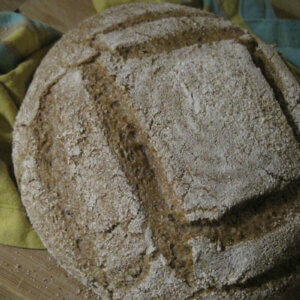
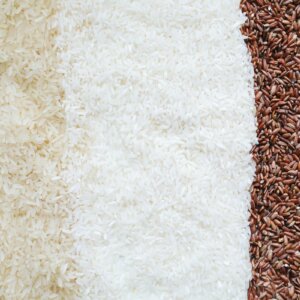
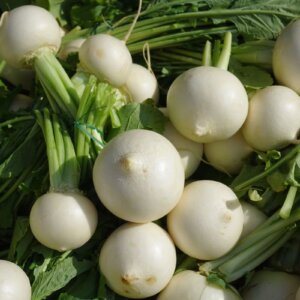
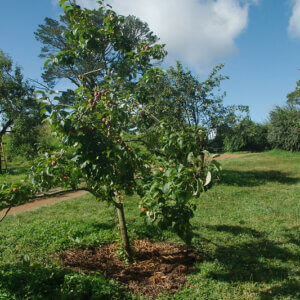


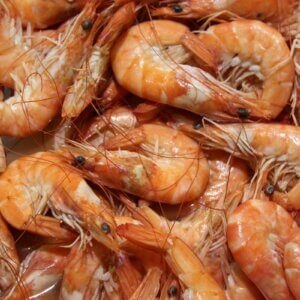
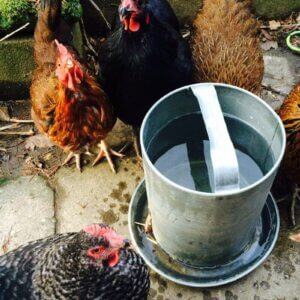



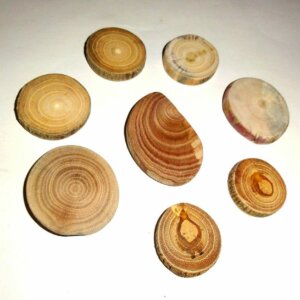




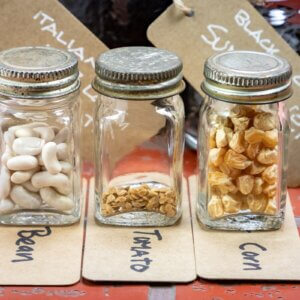

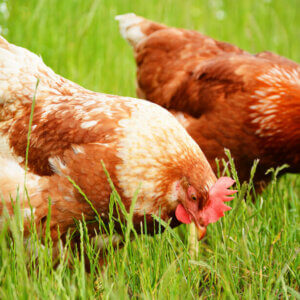


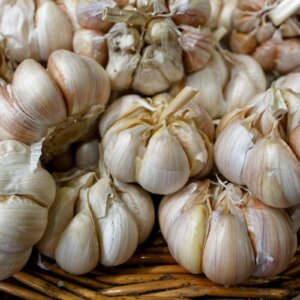
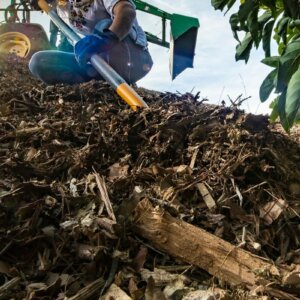


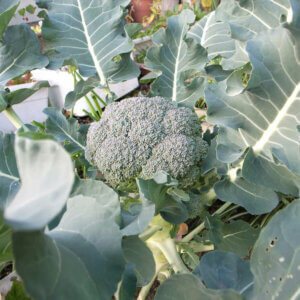
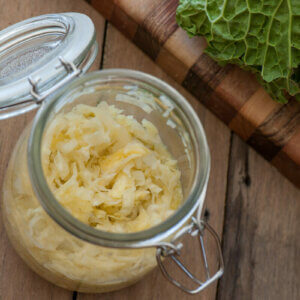
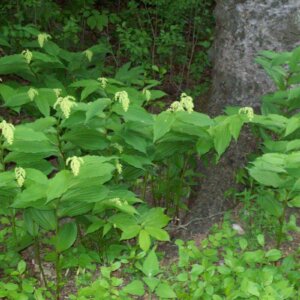





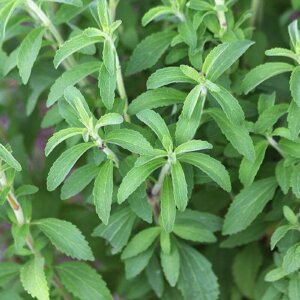
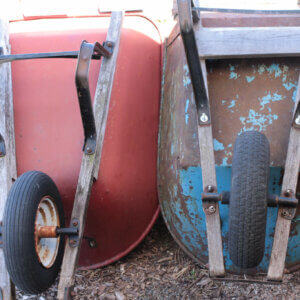

Leave a Reply